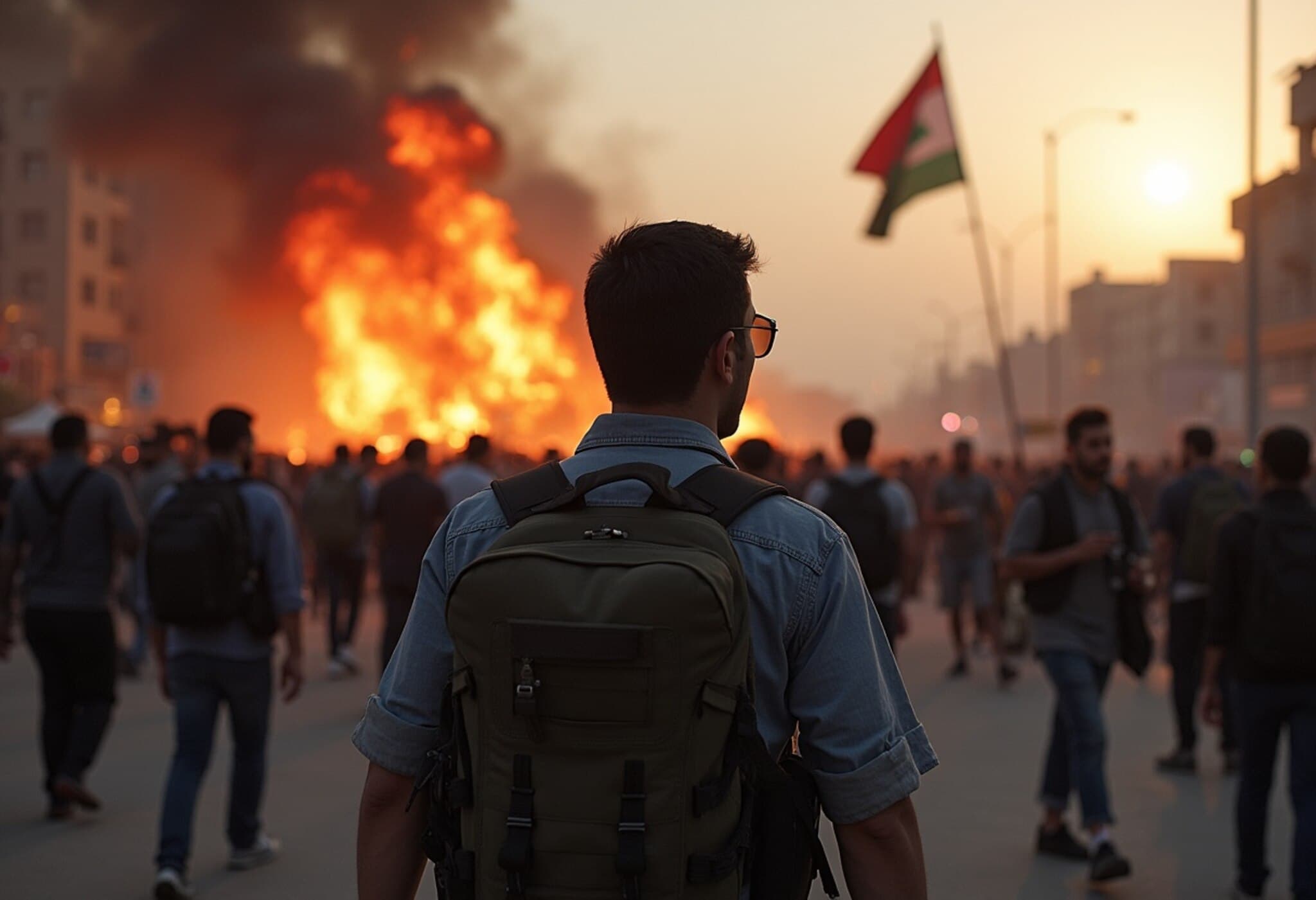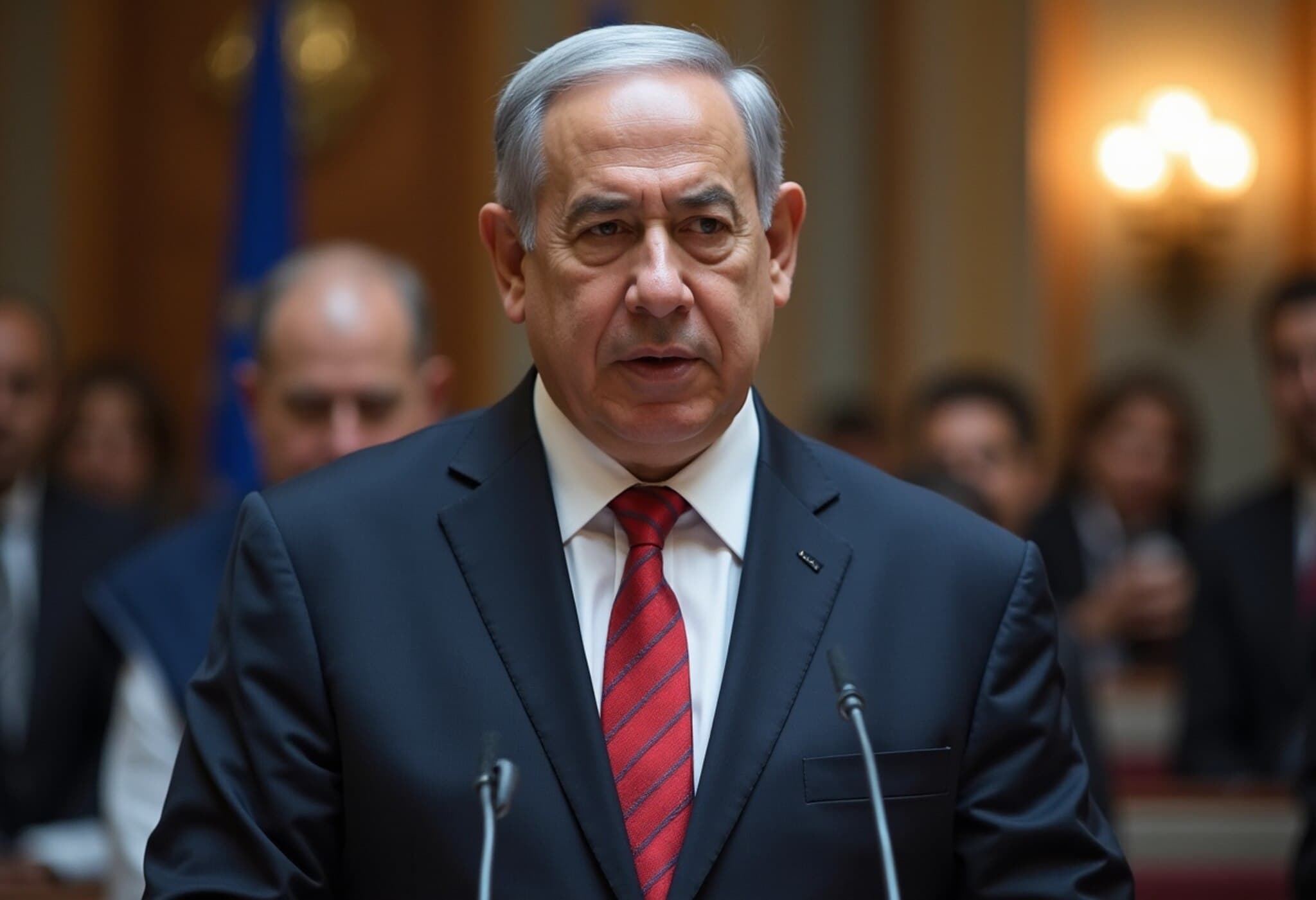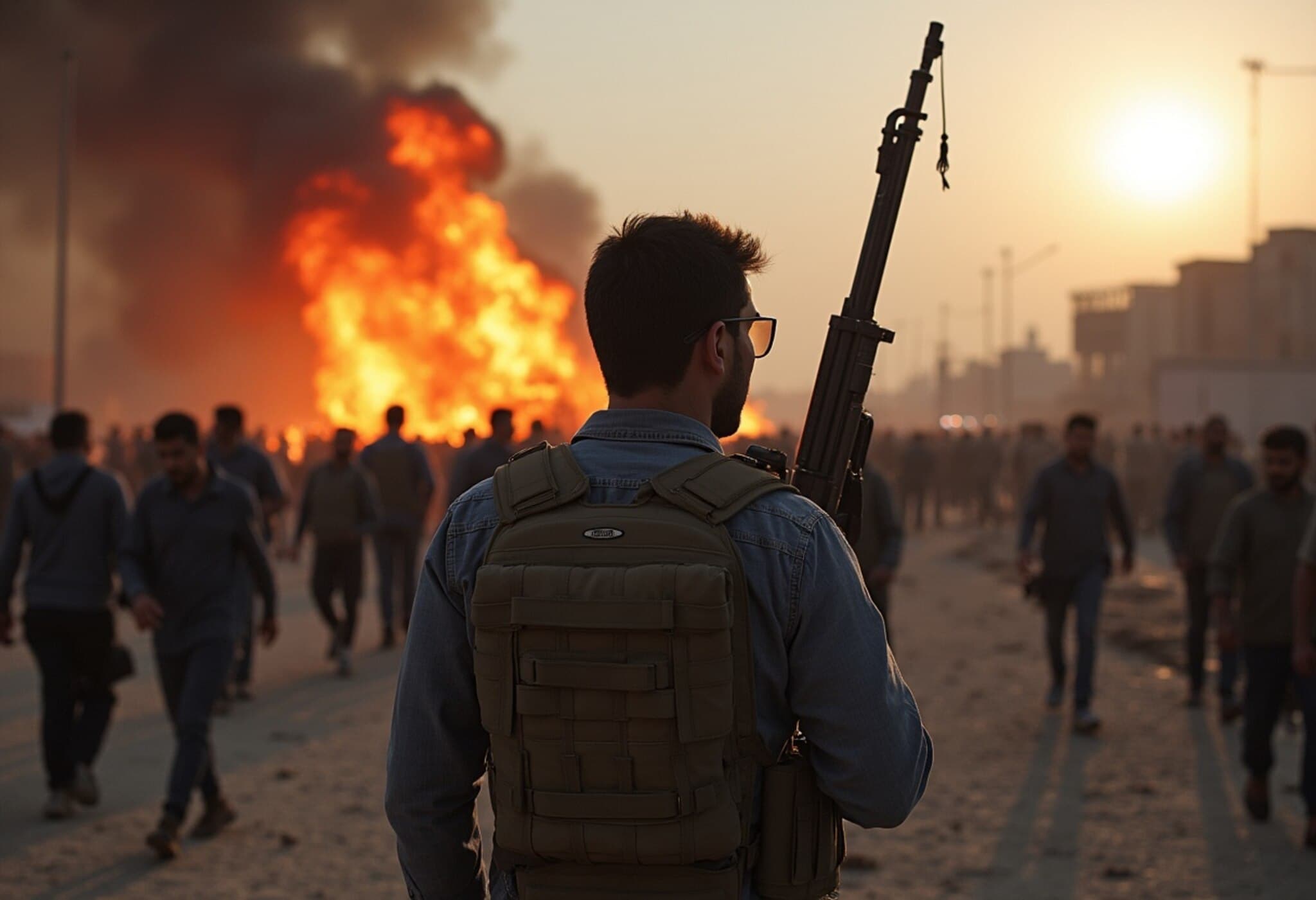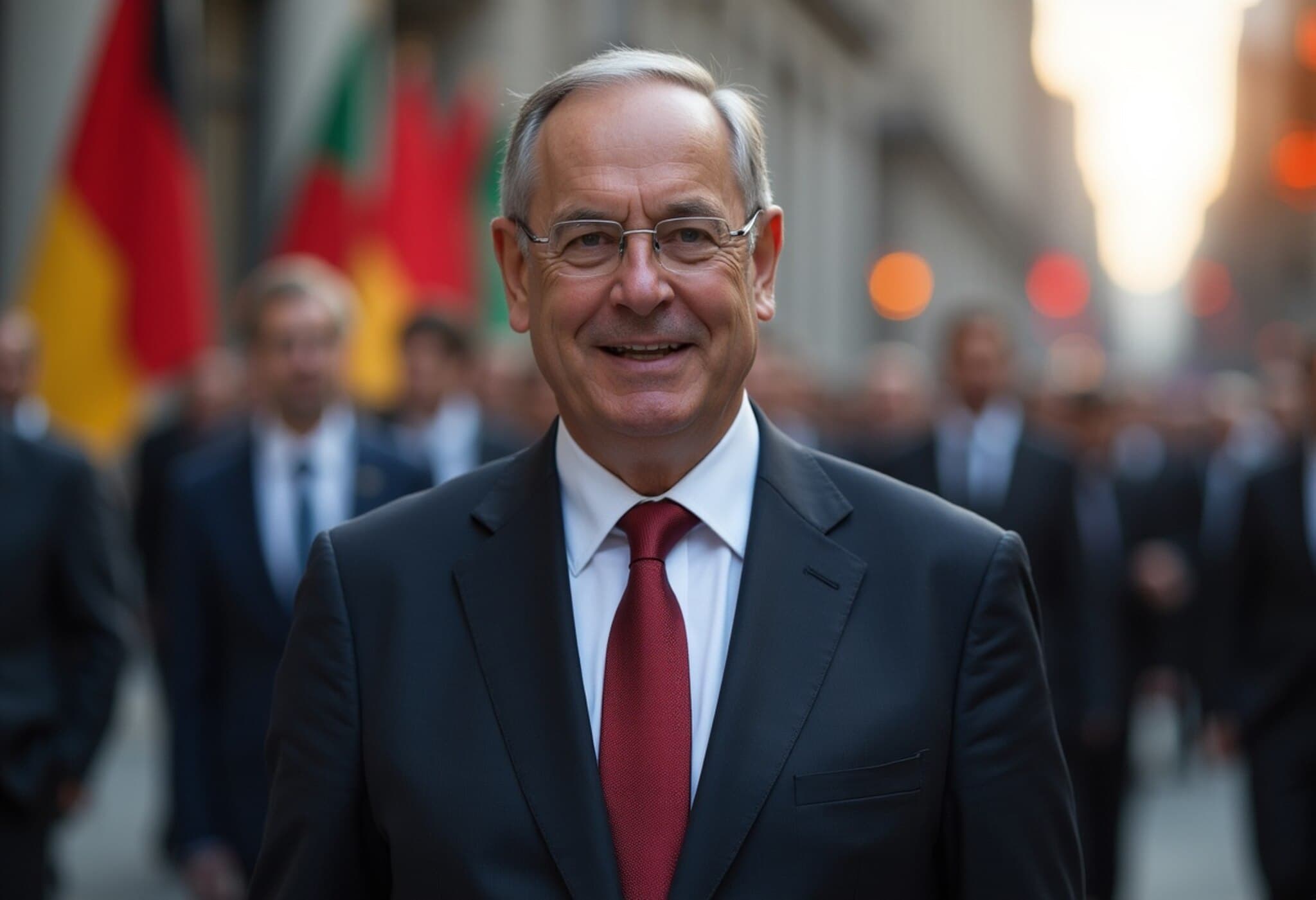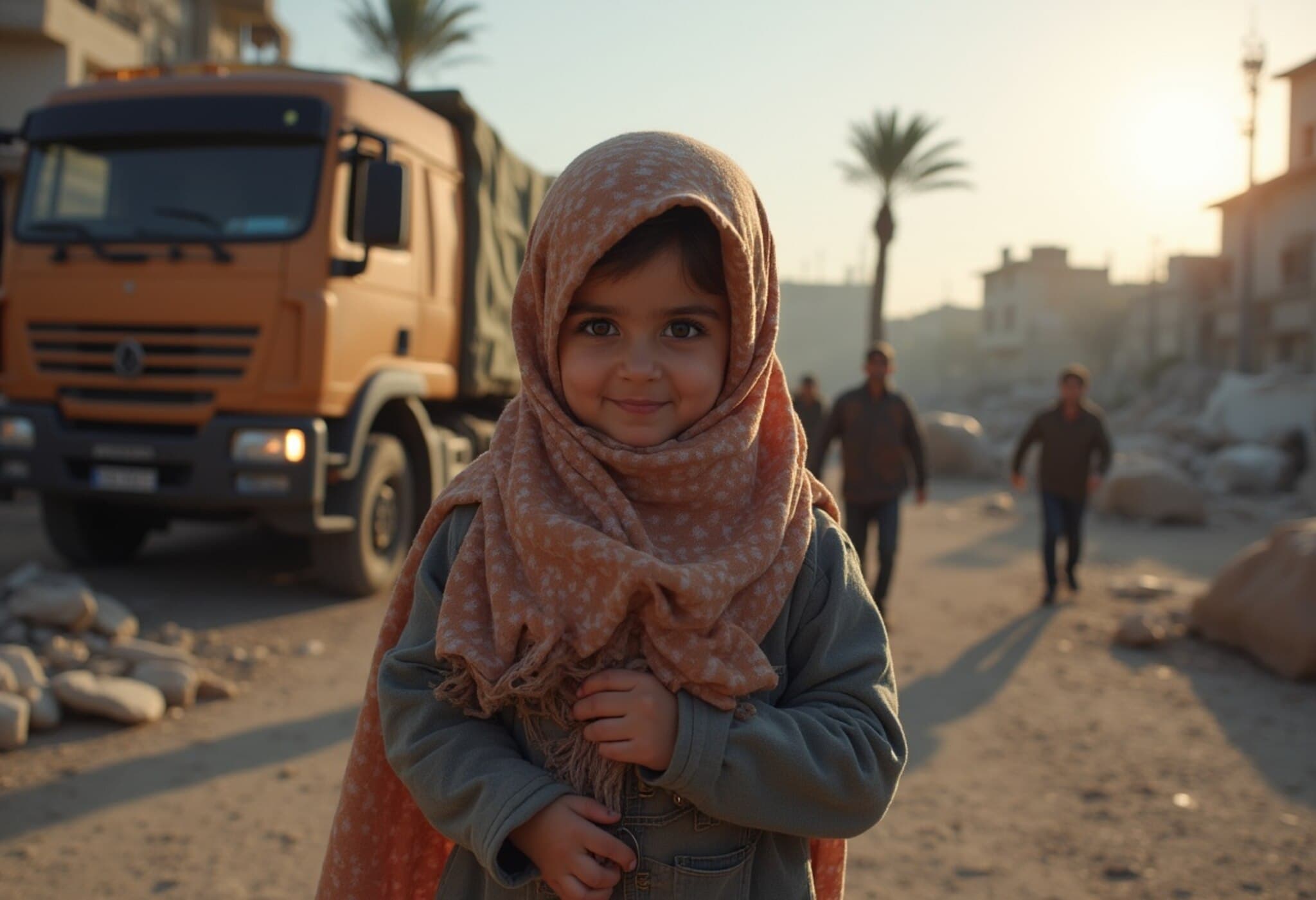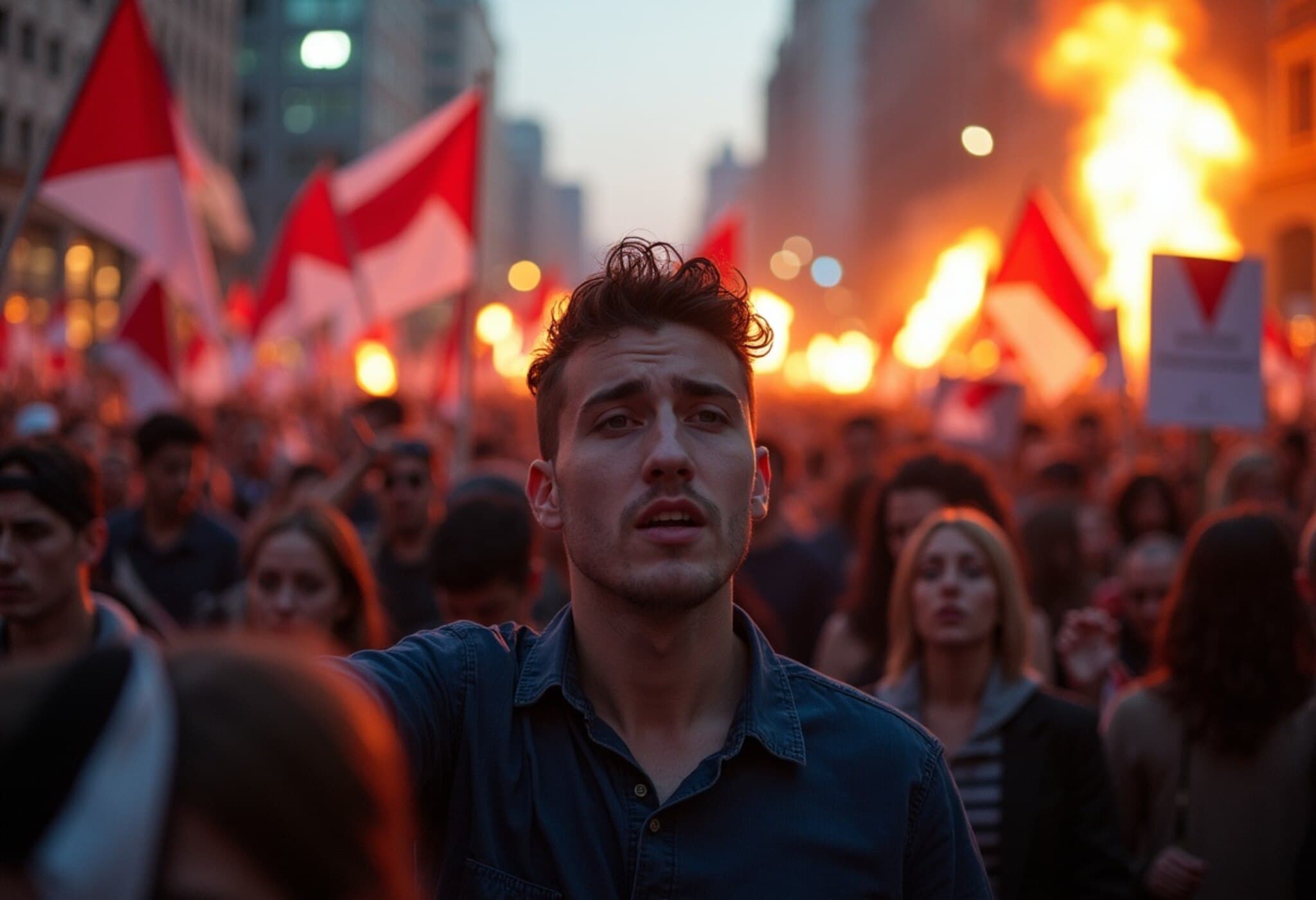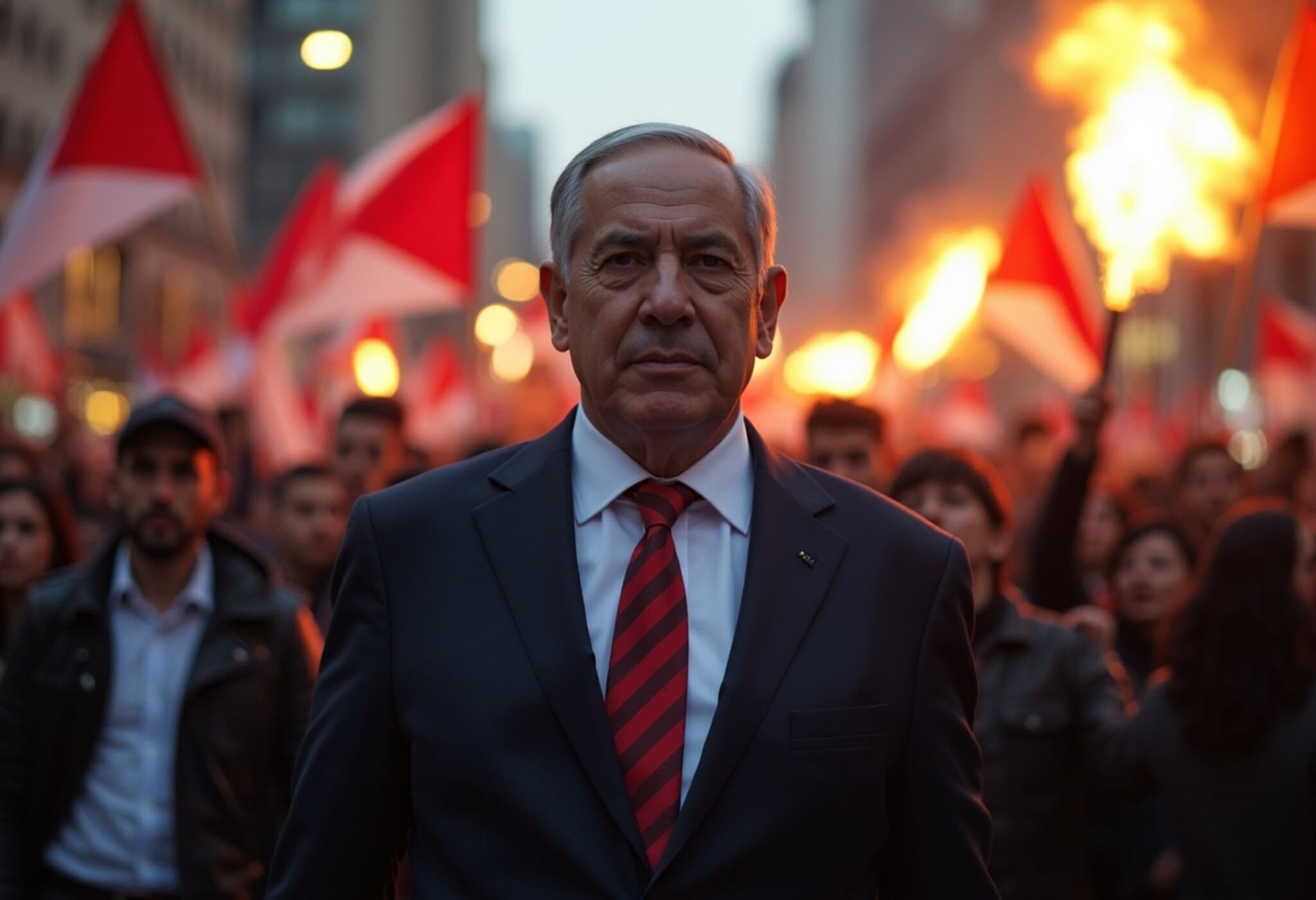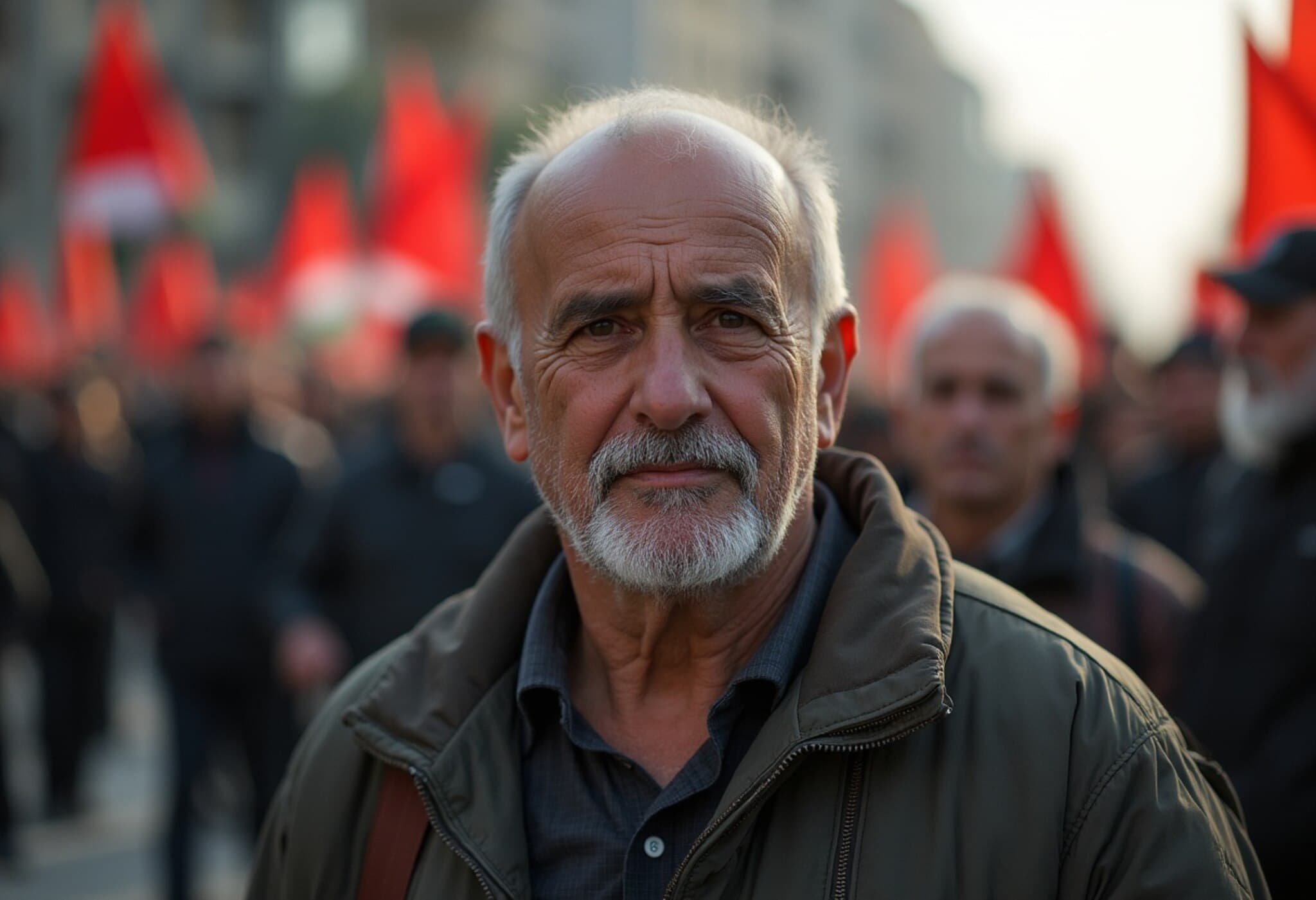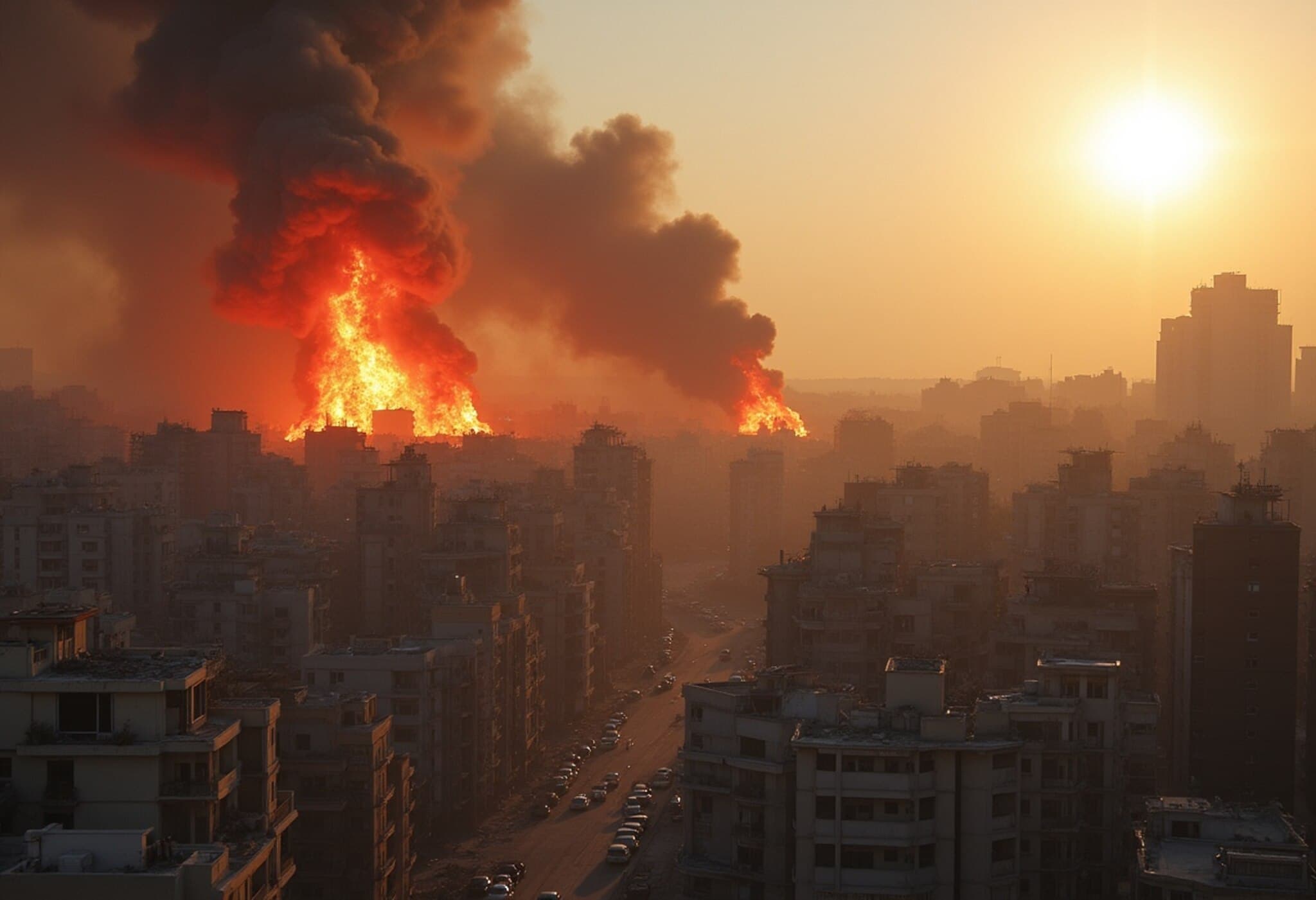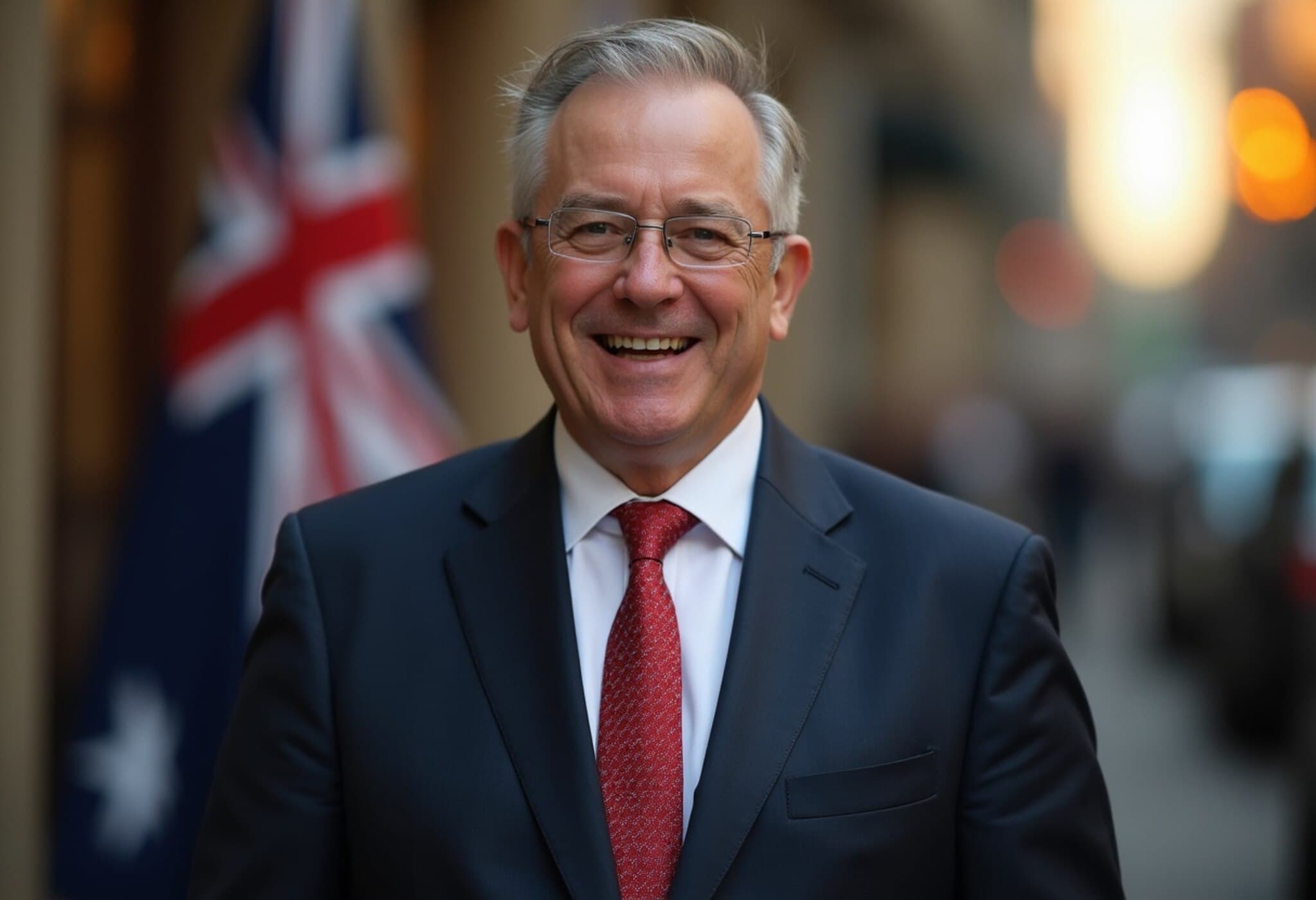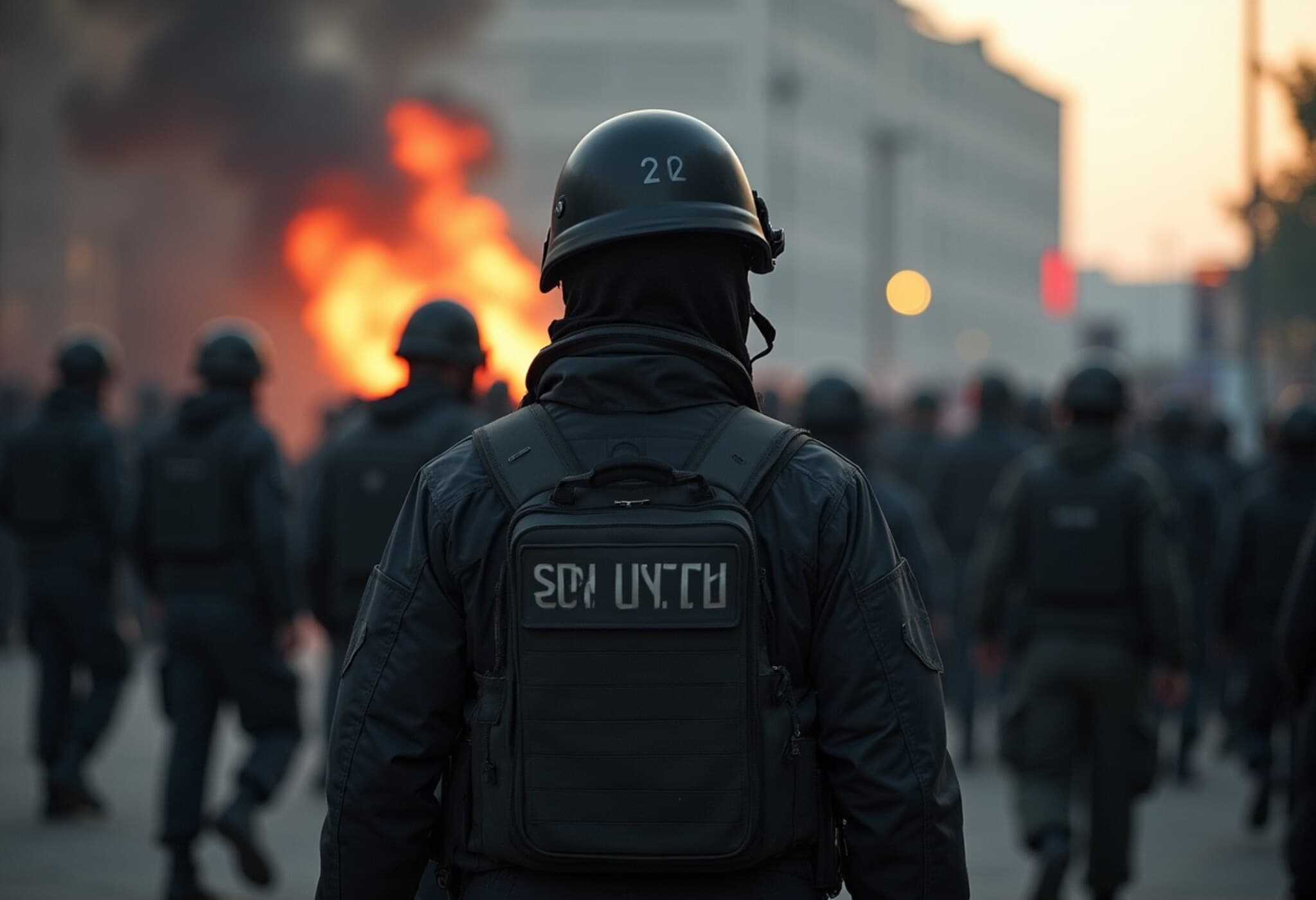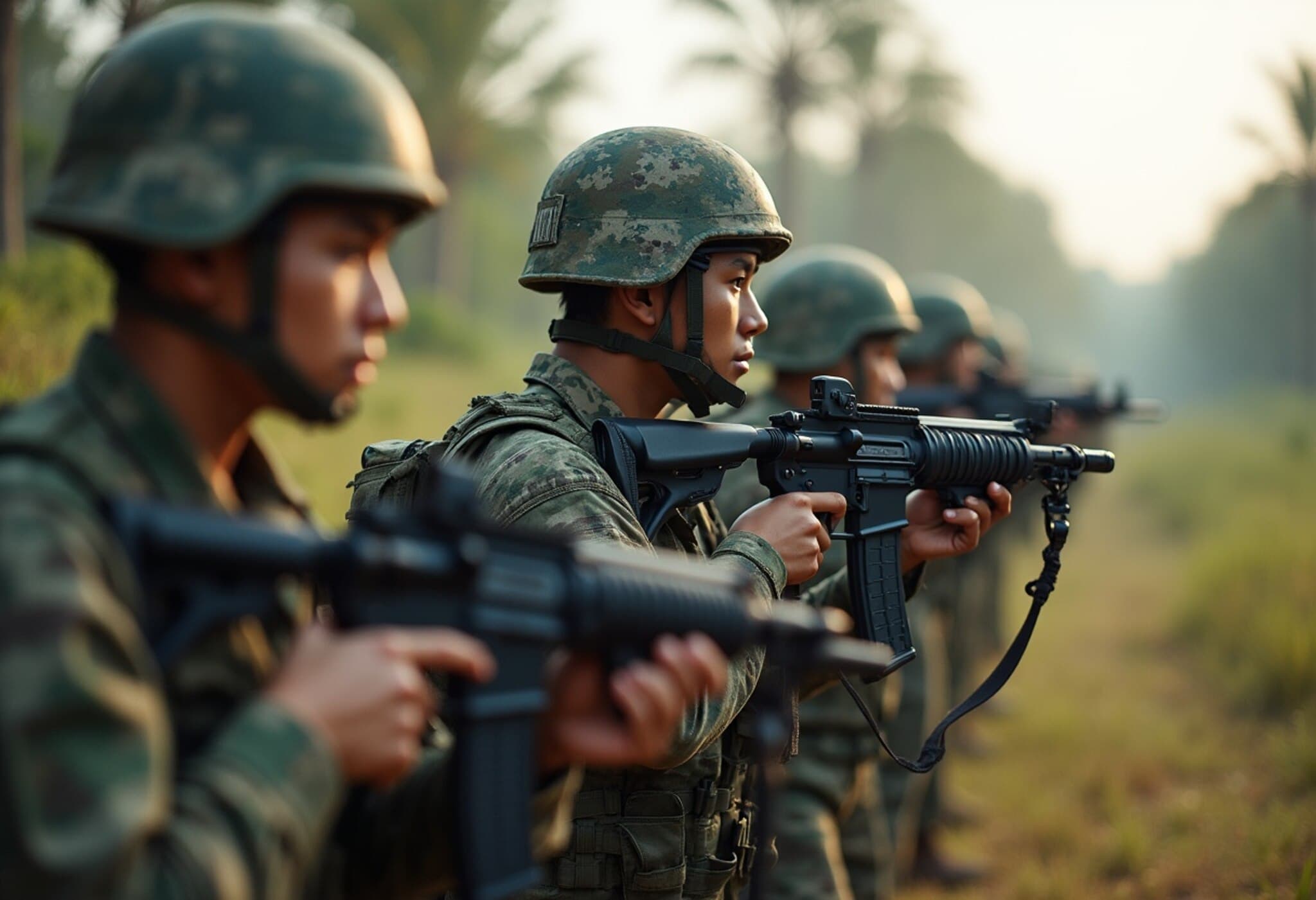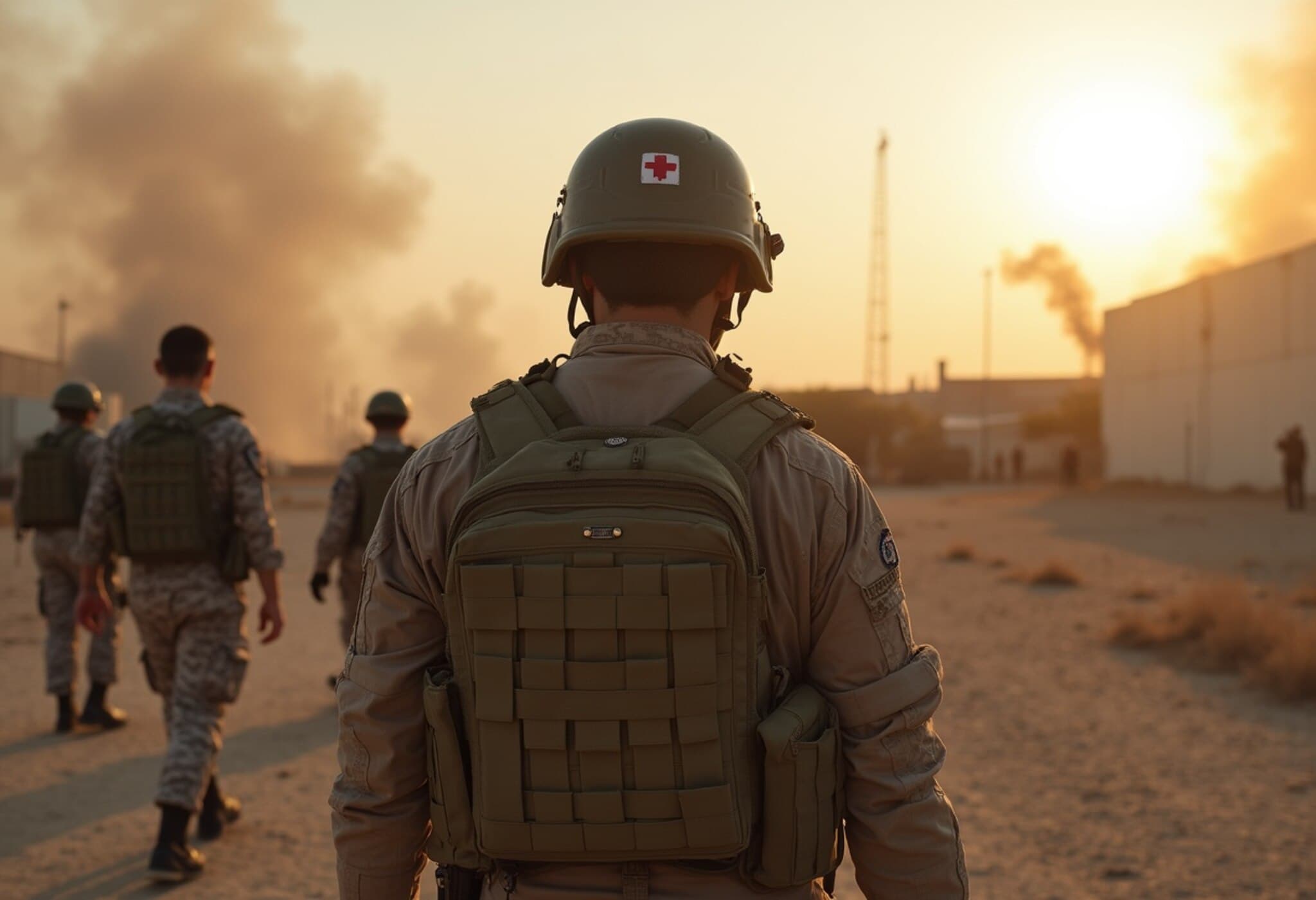Renewed Ceasefire Efforts as Gaza Conflict Escalates
In the midst of one of the longest-running conflicts in recent years, there are emerging signs of hope for a ceasefire in Gaza, although tensions remain high. Israel's announcement of a possible military takeover of Gaza City has drawn sharp international condemnation, as the humanitarian crisis intensifies. Meanwhile, tens of thousands of Israeli citizens have mobilized in mass protests, demanding peace and the release of hostages, underscoring deep divisions within Israeli society.
International Mediation Steps Up
Diplomatic efforts have revived with significant momentum as US Special Envoy Steve Witkoff prepared to meet Qatar's Prime Minister in Spain to discuss a new peace framework. According to anonymous sources close to mediation talks, this initiative aims to secure an immediate and comprehensive ceasefire, built around the simultaneous release of all hostages—both living and deceased—in exchange for an end to the war and withdrawal of Israeli forces from Gaza.
Mass Protests Spotlight Hostage Crisis and War Fatigue in Israel
In Tel Aviv, large crowds came together on Saturday night to voice their frustration with the government's military strategy. Protesters called for an immediate cessation of hostilities and the safe return of hostages held by Hamas. Emotional appeals were heard from families directly affected, such as Lishay Miran Lavi, whose husband Omri Miran is among the captives. She urged influential leaders, including former US President Donald Trump, to intervene with urgency, illustrating the human stakes behind the political deadlock.
Global Responses and Legal Concerns
Western nations including Germany, Britain, France, and Canada have united in expressing strong opposition to Israel’s proposed military expansion into Gaza City, describing it as a move that risks worsening a catastrophic humanitarian crisis. Their joint statement emphasized that any attempts to annex or settle Gaza would breach international laws designed to protect civilians and maintain territorial integrity.
Similarly, a coalition of over 20 countries—spanning Egypt, Qatar, Saudi Arabia, Turkey, and the UAE—has condemned the escalation, warning that it threatens to plunge Gaza into further chaos. Russia also voiced alarm, highlighting the grave implications for an already dire situation.
Australia’s Stance: No Arms Supplies Amid Heightened Scrutiny
In Canberra, acting Prime Minister Richard Marles addressed concerns and misinformation regarding Australia’s role in the conflict. He categorically stated that Australia is not supplying weapons to Israel and would not adopt any measures akin to Germany’s recent military support, which is historic given Germany's longstanding commitment to Israel tied to the Holocaust's legacy.
Australia participates indirectly in the global defense ecosystem through programs like the F-35 fighter jet supply chain; however, according to the Department of Defence, no weapons or ammunition have been sent to Israel since the October 7, 2023 Hamas attacks that killed over 1,200 people and saw more than 250 hostages taken.
Legal and Humanitarian Warnings from Australian Officials
Both Home Affairs Minister Tony Burke and opposition spokesperson Andrew Hastie warned that Israel’s plans might breach international law, particularly if it proceeds with settlement expansions in Gaza uncontrolled by global diplomacy. Hastie highlighted the tremendous challenges Israeli forces would face in an urban combat scenario devastated by extensive destruction, predicting a likely spike in casualties.
Burke further stressed the risk of illegal actions mirroring past controversial West Bank settlements, urging caution and adherence to international norms to prevent deepening the conflict and worsening Gaza’s humanitarian woes.
Looking Ahead: Questions for Global Policy and Peace
Prime Minister Anthony Albanese weighed in candidly on the possibility of imposing sanctions against Israel, noting that any such decisions would be carefully considered and never pre-announced. He emphasized the complexity of international sanctions amidst a conflict with profound geopolitical and humanitarian dimensions.
The United Nations Security Council scheduled an emergency session to address the escalating crisis, marking a pivotal moment for international diplomacy. Meanwhile, casualty figures reported by Gaza’s Health Ministry indicate over 61,000 Palestinians have died, although distinguishing between combatants and civilians remains difficult amid contested narratives.
Expert Commentary: Navigating the Thin Line Between Security and Human Rights
The situation in Gaza embodies the perilous balance between a state's right to security and the imperative to uphold human rights and international law. Australia's firm yet cautious stance reflects a broader global challenge: how to support allies while avoiding actions that could exacerbate humanitarian crises or violate legal frameworks.
This conflict also exposes the limits of military solutions in densely populated urban environments where civilian populations are caught in the crossfire. The calls for an all-encompassing ceasefire and hostage release attempt to pivot the narrative towards dialogue and de-escalation, but the road ahead remains fraught with political, social, and ethical complexities.
Editor's Note
As Gaza’s conflict reaches a critical juncture, the international community grapples with urgent questions about conflict resolution, humanitarian protection, and geopolitical alliances. Will renewed peace talks break the cycle of violence? Can legal frameworks effectively curb escalation? And how will public opinion within Israel and affected regions influence future policies? These dynamics demand close attention not just for their immediate human impact but also for their long-term implications on regional stability and international law.

